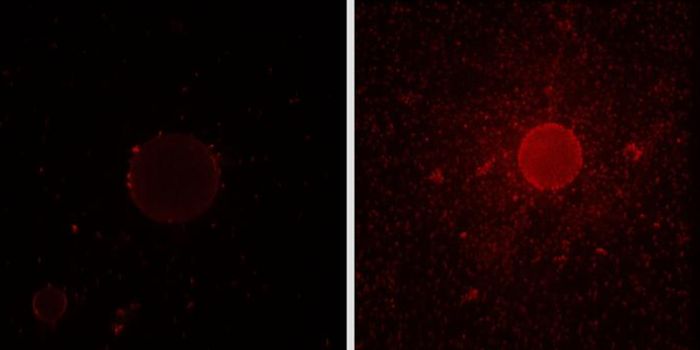In developed countries,
Salmonella is a relatively benign pathogen. It is typically a cause of food-borne illness, resulting in diarrhea. In sub-Saharan Africa, however, it is a leading cause of childhood illness and death, and researchers from the University of Otago in New Zealand recently published a
report on these invasive
Salmonella infections.
Salmonella is a genus of Gram-negative, rod-shaped bacteria that are closely related to
E. coli. Subspecies of
Salmonella enterica cause
Typhoid and
Paratyphoid fevers, which are characterized by abdominal pain, weakness, headache, and a “rose-colored” skin rash. A vaccine is available to prevent Typhoid fever, but it is typically not effective for Paratyphoid.
Salmonella food-poisoning, or “Salmonellosis”, is caused by
Salmonella bongori, as well as subspecies of
Salmonella enterica. Patients with Salmonellosis experience diarrhea and can become severely dehydrated.
The most prevalent Salmonella disease in Africa, however, is caused by
invasive nontyphoidal Salmonella (NTS). NTS infections are particularly severe because these bacteria are able to escape the gastrointestinal tract, causing swelling of the liver and spleen, respiratory issues, as well as sepsis. Gastrointestinal symptoms typically do not occur with NTS.
The University of Otago report, edited by John Crump and Robert Heyderman, is composed of 19 publications describing the impact of NTS in sub-Saharan countries including Ethiopia, Ghana, Madagascar, Nigeria, and South Africa. As of 2010, there were 3.4 million cases of NTS and over 680,000 deaths worldwide. According to Heyderman, “NTS occurs in infants and young children, particularly those with malaria and malnutrition, and in HIV-infected adults. About 20% of those who get
Salmonella blood poisoning will die”.
The group hopes this report will fuel research into vaccines and antimicrobials, as the majority of NTS strains are resistant to current antibiotics.
Sources:
Eurekalert,
Clinical Infectious Diseases, Wikipedia









